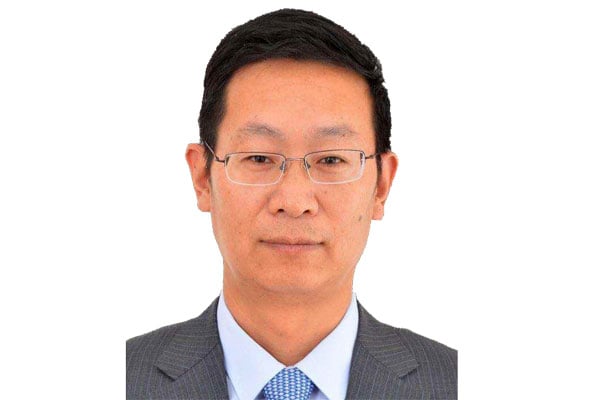Prime
How can we build a nation with mistrust?
What you need to know:
- Mistrust. Those in the Opposition can’t dare talk with those in government because they will be labelled turncoats that are simply looking for bread and butter.
On Saturday, April 27, I was invited by Friedrich Ebert Stiftung (FES) to a three-man panel, in a young leaders’ training programme to discuss the topic, “How are democratic principles implemented in Uganda’s political practice and everyday life?” FES is a German political foundation named after one of Germany’s distinguished leaders after WWI. Friedrich Ebert worked hard to restore peace and stability in Germany after the war.
FES has been training young political leaders in Uganda and Africa for donkey’s years. In the recent past, FES has been training young people under the programme, Young Leaders’ Forum (YLF). I happen to be one of the beneficiaries of the programme.
During our time, FES could organise exchange visits for experience sharing, even across borders. That is how I earned the opportunity to visit Chama Cha Mapenduzi (CCM) youth leaders and top party officials including former Tanzanian and Zanzibarian presidents, Mr Jakaya Kikwete and Mr Amani Abed Karume, respectively.
Panellists
So, I arrived at the venue of the training a few minutes to 1pm. We were three panellists, two of us from the Opposition, i.e. Forum for Democratic Change (FDC) and Alliance for National Transformation (ANT), respectively. The third panellist was one of President Museveni’s advisers.
After nearly three hours, the panel discussion, whose primary objective was to share practical political experiences with the young leaders, ended a few minutes to 6pm. It was now time to return home. I needed to dash to Namayiba Bus Park to catch the 8pm bus to Gulu. The traffic in Kampala in the evening is usually crazy. In order to beat time and catch the bus, I needed to find the quickest way to town.
I requested one of my co-panellists, the presidential adviser, to give me a lift to town. He gladly accepted. I quickly carried my luggage to the vehicle. However, before taking off, I needed to ease myself. Just as I shut the car door and turned to go to the washrooms, I saw a friend. I will call him Richard. On seeing me, he immediately shouted, “Robert, what are you doing in State House?” I responded, “Richard, how are you?” Then I walked over to shake his hands and said to him, “I am not doing anything in State House. I requested the presidential adviser for a lift to town.”
Mistrust
I am not sure he accepted my explanation because to him, it seemed, being seen around a government vehicle was ‘evidence’ that I had abandoned ship and joined the ‘eating’ side of government. This short story reveals the deep-seated mistrust bedevilling Uganda’s contemporary politics. Opposition politicians trust nobody in government and vice versa. Those in government do not trust each other. Those in Opposition do not trust each other.
A political leader can’t take a cup of tea in his/her friend’s home or office for fear of being poisoned. Allegations of murders orchestrated by regime apparatchiks abound. Those in the Opposition can’t dare talk with those in government because they will be labelled turncoats that are simply looking for bread and butter. The big question is, therefore, how can we build a nation with this deep level of mistrust among our leaders?
We shall not, unless and until, we jettison our paranoiac outlook and simplistic approach to politics and replace it with a new culture of principled, positive political engagement based on systems and institutions managed by a generation of leaders whose leadership decisions and actions emanate from mutual trust and values cultivated and imbibed over a period of time.




